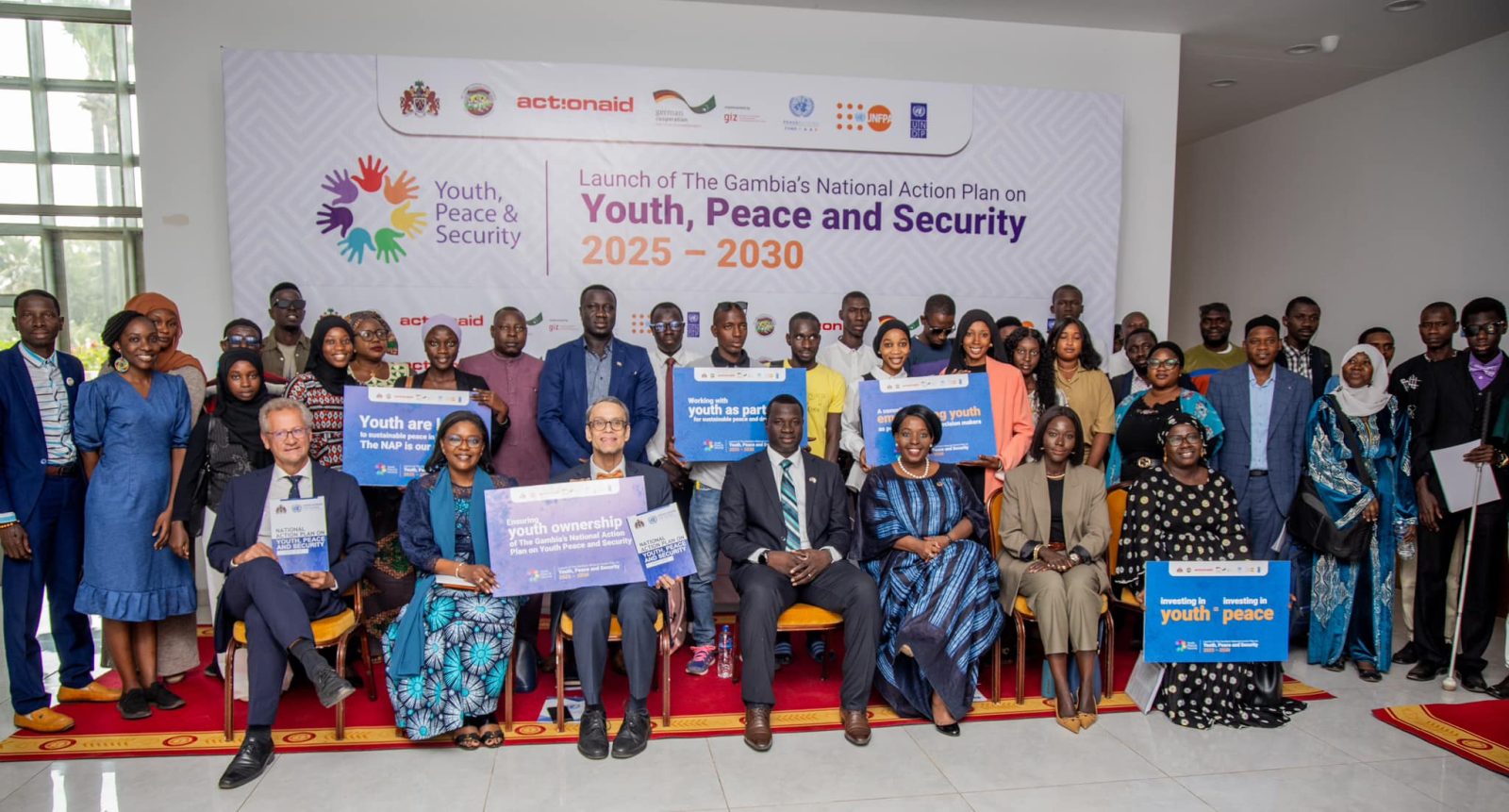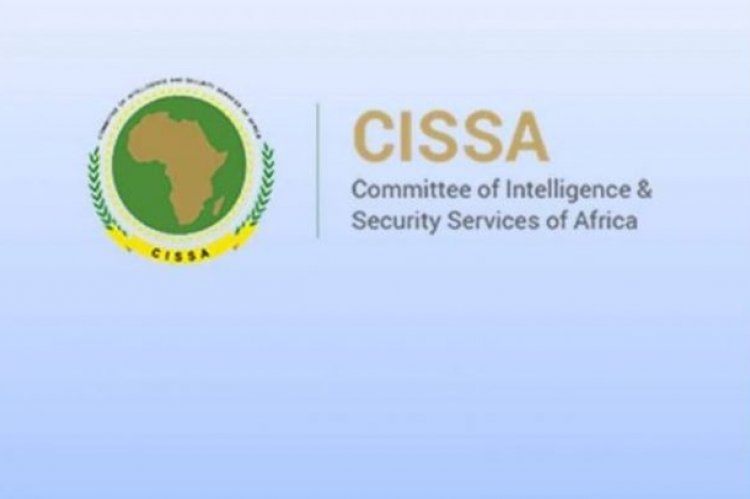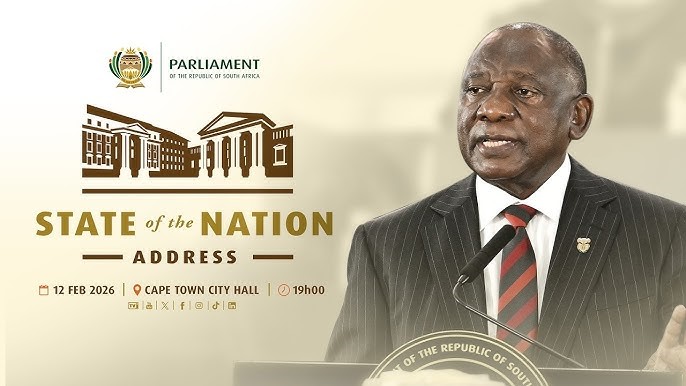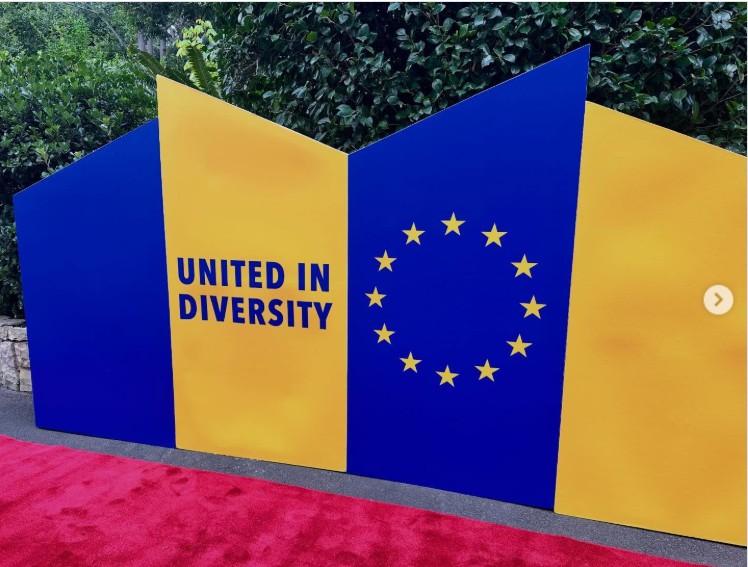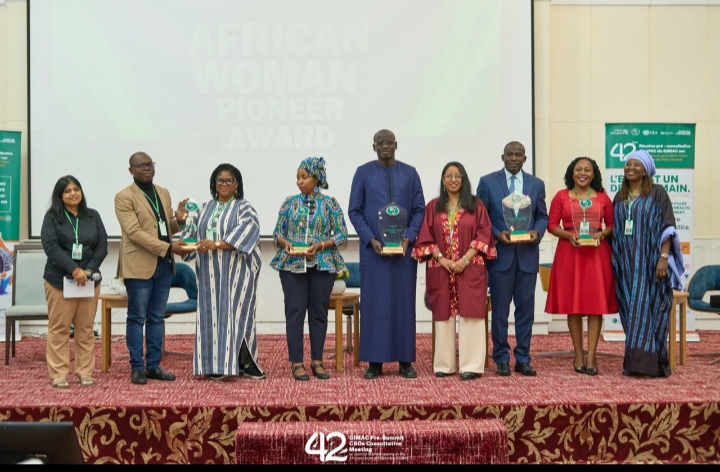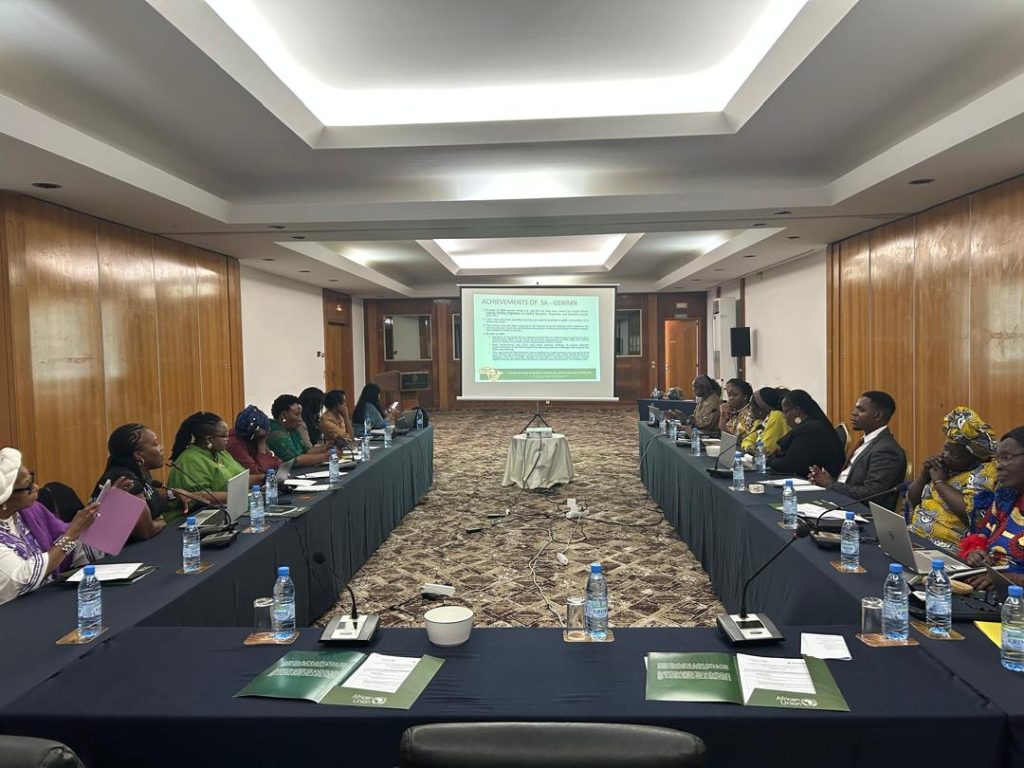On 15 April 2025, ACCORD hosted a virtual dialogue for its members in the ACCORD Network (ACCNET). This event was the second episode in the ACCNET Women, Peace and Security (WPS) and Youth, Peace and Security (YPS) Virtual Storytelling Series, which aims to share and capture best practices in YPS and WPS among ACCNET members. The dialogue focused on the theme Reflections on the Drafting of the YPS National Action Plan (NAP) in The Gambia. Mr. Buba Fatty, who is a member of ACCNET and The Gambia’s Global Peace Representative, provided insights on the need for context in the drafting and implementation processes of The Gambia’s YPS National Action Plan.
The Gambia is one of the five United Nations Member States that have adopted a NAP on YPS, outlining its strategy for implementing the YPS agenda in alignment with the United Nations Security Council Resolution 2250 (UNSCR 2250). Developed in 2015, UNSCR 2250 recognises the positive role of young people in peace and security, advocating for their active participation in decision-making processes. The resolution is structured around five pillars of action: 1. Participation, 2. Prevention, 3. Partnership, 4. Engagement, and 5. Disengagement and Reintegration, all aimed at increasing youth representation. The National Action Plan provides a strategic framework to guide The Gambia’s intergenerational efforts in promoting youth engagement in peacebuilding, conflict prevention and decision-making processes.
During the dialogue, various contexts and challenges in developing the NAP on YPS for The Gambia were discussed. Economic hardships, political instability, conflict, unemployment, and negative stereotyping are significant obstacles that Gambian youth face. The conversation emphasised the lack of youth representation in decision-making, despite being the most affected by these issues, representing the majority of The Gambia’s population.
Mr. Fatty shared insights from the “Not Too Young to Run” campaign, which advocates for youth to take on legislative roles, demonstrating how young people are exercising their political agency. Participants expressed concern about the complexities involved in engaging youth and the monitoring and evaluation processes that will follow the implementation of the National Action Plan (NAP). They emphasised the importance of stakeholder participation and the government’s role in fostering collaboration across departments to enhance the effectiveness of the NAP.
Questions were raised regarding youth apathy and their engagement in the NAP during the Youth, Peace, and Security (YPS) consultation process. This led to a discussion about the significance of donor support, particularly small monetary reimbursements. Mr. Fatty emphasised the necessity of involving diverse stakeholders in the monitoring of the NAP for YPS. The Gambia National Youth Council, under the Ministry of Sport and Youth, serves as the primary coordinating body for the NAP on YPS. Additionally, organisations such as the Peace Hub, The Gambia, and Youth Ambassadors for Peace contribute to these monitoring efforts.
The dialogue concluded with a call for other countries to develop and implement NAPs on YPS to engage, support, and empower youth. ACCORD reiterated its commitment to facilitating further discussions among ACCNET members to address youth participation in peace and security.

